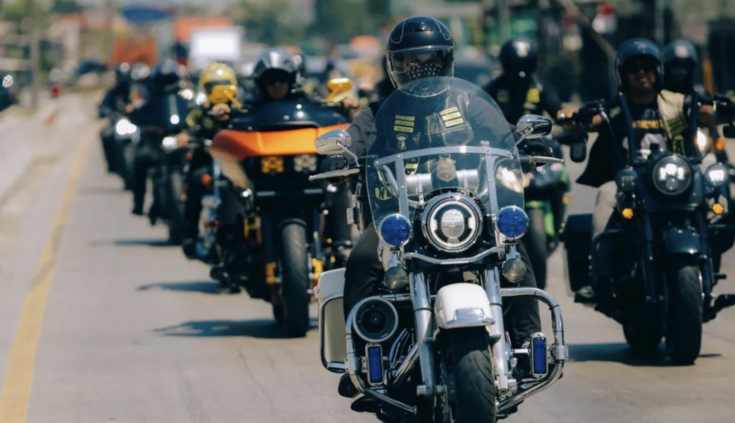
Norway’s highest court has declared the Norwegian chapter of the notorious motorcycle club Satudarah a criminal organization, banning its operations in the country according to Euronews. Established in the Netherlands but rooted in Indonesian culture, Satudarah’s name means “One Blood” in Indonesian Malay, reflecting the backgrounds of its founders, primarily Moluccan immigrants.
The need for public safety
The Supreme Court’s ruling emphasizes the need to prevent serious criminal activities linked to Satudarah motorcycle club . The gang has a history of violence, extortion, illegal drug trafficking, and arms dealings. The court noted that Satudarah members pose significant threats to public safety. They have repeatedly committed serious offenses against life, health, and freedom.
While the group claims to be a motorcycle club open to ethnic minorities, the court highlighted that membership does not require ownership of a motorcycle or a license. Additionally, the club does not promote multi-ethnic interests. The gang identifies itself as a “1% club,” often associated with outlaw motorcycle clubs that operate outside the laws of society.
Regional implications
Satudarah motorcycle club first entered Norway in 2014. Its presence has raised concerns among law enforcement about the impact of organized crime on public safety. In response to the club’s escalating criminal activities, Norwegian police sought a court ban last year. Their efforts ultimately led to the Supreme Court’s decisive ruling. The organization previously won an initial case, prompting the government to appeal, culminating in this recent judgment.
The club’s origins trace back to 1990 when it was founded in Moordrecht, South Holland, by nine friends from Indonesia. In Denmark, the local chapter dissolved in May 2023 and rebranded itself as Comanches MC amid increasing scrutiny. While Satudarah has faced significant challenges in Europe, its status in Southeast Asian countries, including Singapore, Malaysia, Thailand, and Vietnam, remains under observation. Reports suggest ongoing activities warranting attention.
This ban in Norway underscores the intricate link between organized crime networks in Europe and their origins in Southeast Asia. It also highlights the importance of international cooperation in tackling criminal organizations that cross borders and threaten community safety.





